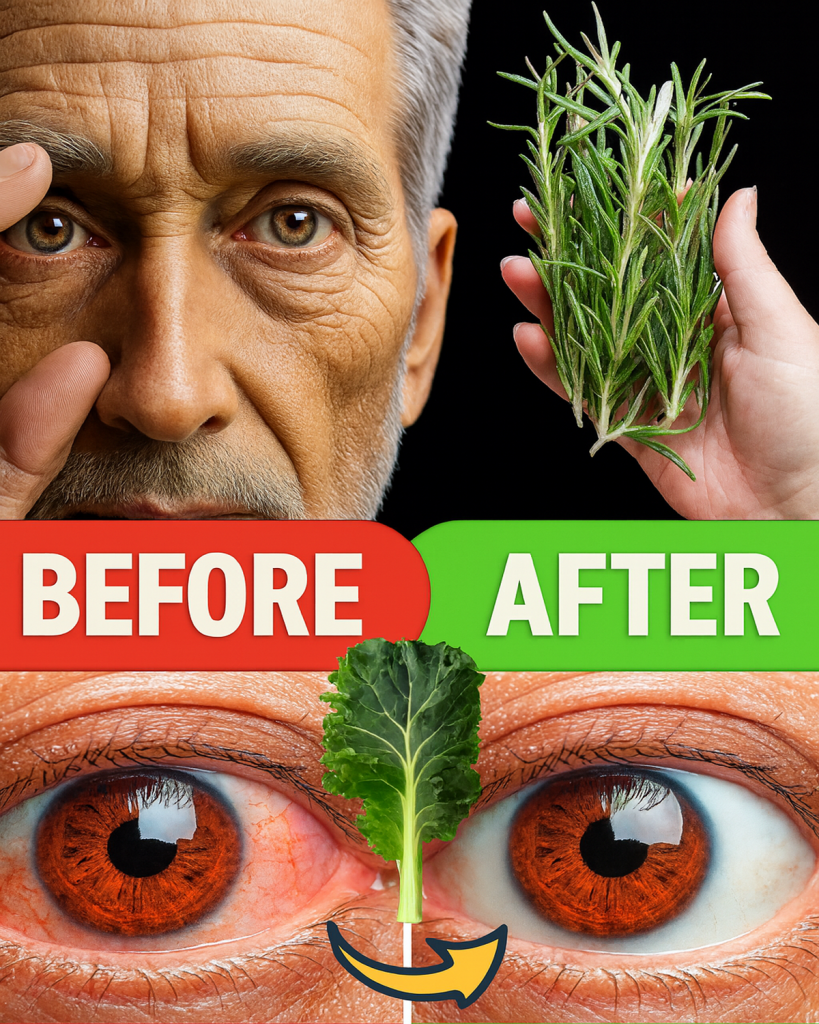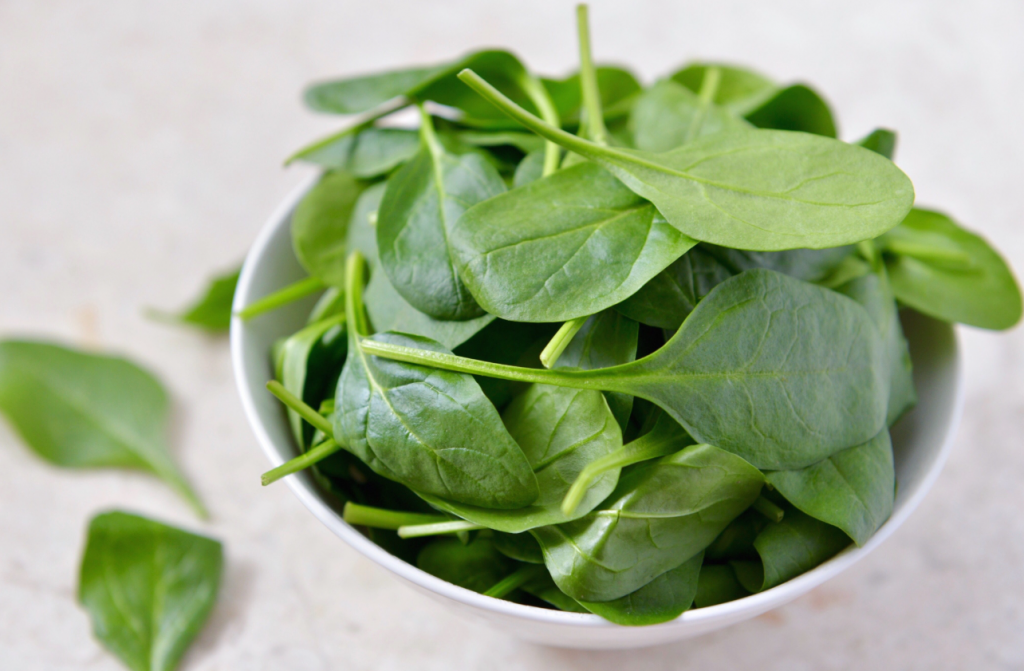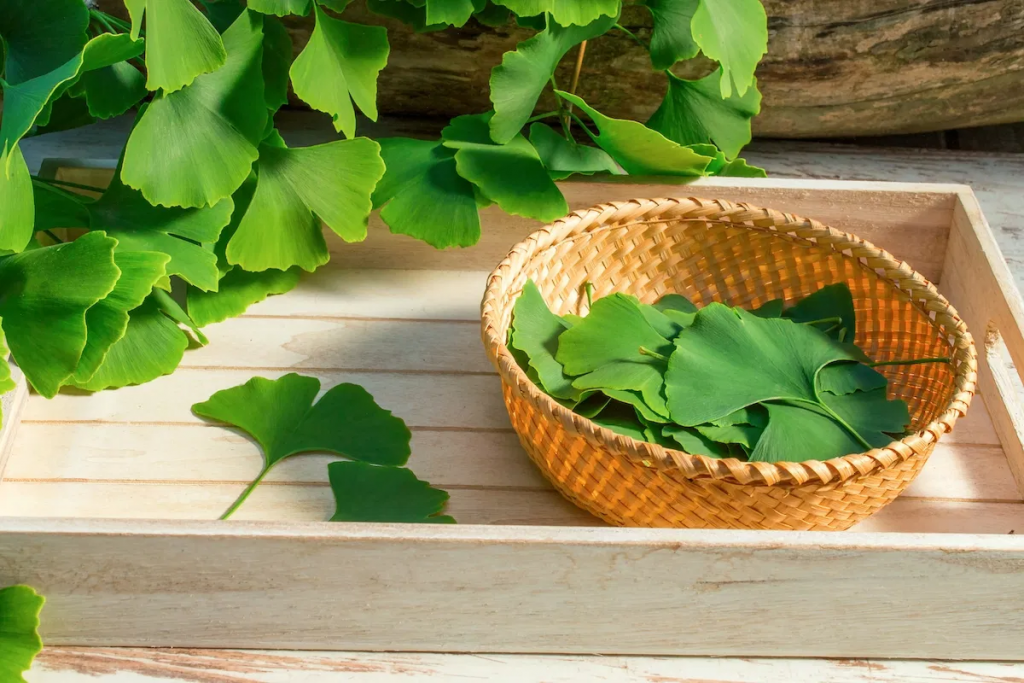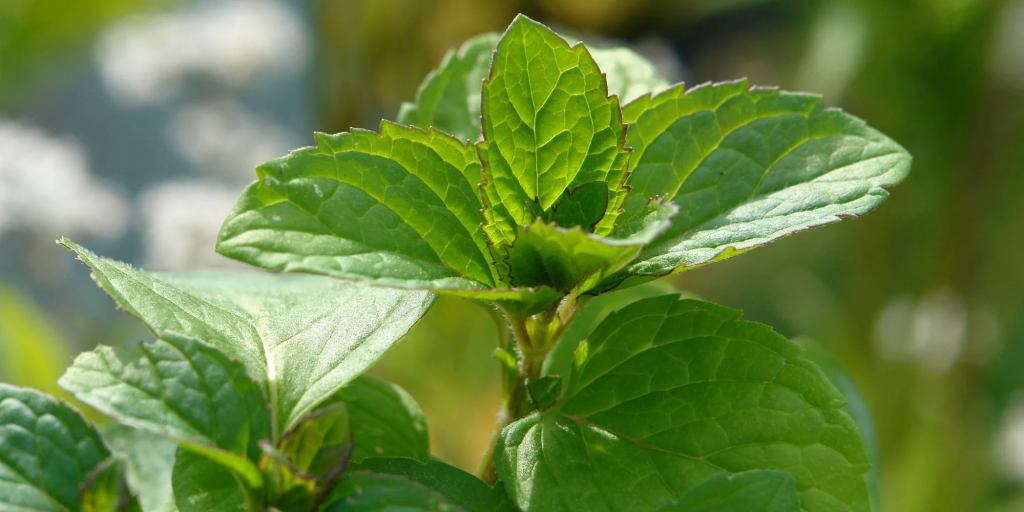Have you ever wondered if the secret to sharper eyesight could be growing right outside in your garden? Vision health is one of the most pressing concerns as we age. According to the World Health Organization, at least 2.2 billion people worldwide suffer from vision impairment or blindness. While many cases are linked to conditions like cataracts, macular degeneration, and diabetes, everyday habits and nutrition also play a major role. What’s fascinating is that traditional wisdom across cultures has long pointed to natural leaves with remarkable potential for eye support.
Modern science is beginning to confirm what our grandparents already believed: certain plants contain compounds that may help reduce oxidative stress, improve circulation to the eyes, and support overall vision health. Best of all, many of these leaves are easy to grow at home, requiring little more than soil, sunlight, and patience. In this article, you’ll discover eight powerful leaves, how they work, and practical ways to use them safely. By the end, you may look at your backyard garden as more than just greenery—it could be nature’s pharmacy for your eyes.

Why Leaves Matter for Eye Health
Plants are loaded with antioxidants, vitamins, and bioactive compounds. When it comes to eye health, a few specific nutrients stand out:
- Vitamin A and beta-carotene: Vital for night vision and preventing dryness.
- Lutein and zeaxanthin: Carotenoids that protect against macular degeneration.
- Polyphenols and flavonoids: Help reduce inflammation and oxidative stress in the retina.
Leaves often concentrate these compounds in higher levels than fruits. Let’s explore the top eight healing leaves and how they might support your vision naturally.
1. Guava Leaves
Guava leaves are rich in antioxidants and quercetin, known to protect the lens and retina from oxidative stress. Studies suggest guava leaf tea may help regulate blood sugar, reducing the risk of diabetic retinopathy.
How to use: Boil 5–6 guava leaves in water for 10 minutes. Strain and drink as a mild herbal tea daily.
2. Moringa Leaves
Nicknamed the “miracle tree,” moringa is loaded with vitamin A, beta-carotene, lutein, and zeaxanthin. These compounds help protect the retina and prevent dryness of the eyes.

How to use: Add fresh moringa leaves to soups and smoothies, or steep dried moringa powder in hot water for tea.
3. Curry Leaves
Popular in Indian cooking, curry leaves contain vitamin A and antioxidants that support the cornea and help prevent early eye degeneration.
How to use: Eat a handful of fresh curry leaves raw in the morning or blend into chutneys for daily use.
4. Spinach Leaves
Spinach is one of the richest sources of lutein and zeaxanthin, which filter harmful blue light and protect against macular degeneration.

How to use: Include lightly steamed spinach in daily meals, or add to smoothies for a vision-boosting green drink.
5. Basil Leaves
Basil has anti-inflammatory properties and is traditionally used to reduce eye strain. It may also help prevent oxidative stress linked to cataracts.
How to use: Brew basil tea or chew a few fresh leaves after meals. You can also apply cooled basil water compresses over tired eyes.
6. Ginkgo Biloba Leaves
Ginkgo improves blood circulation, including to the eyes, which is crucial for preventing retinal damage and glaucoma.

How to use: Ginkgo leaf supplements are widely available, but fresh leaves can also be dried and used for tea under professional guidance.
7. Coriander (Cilantro) Leaves
Rich in vitamin C and beta-carotene, coriander leaves help reduce oxidative damage in the lens and retina. They are also cooling for the eyes in traditional medicine.
How to use: Blend coriander leaves into fresh juices or add to salads and soups for a refreshing flavor boost.
8. Mint Leaves
Mint is soothing and refreshing, but it also provides small amounts of vitamin A and antioxidants that support the eyes. It may also help reduce inflammation caused by allergies.

How to use: Add fresh mint to water, teas, or smoothies, or use as a garnish for daily meals.
Practical Tips for Growing These Leaves at Home
One of the best parts about these eight healing leaves is that they are relatively low-maintenance. Here are a few easy tips:
- Guava and moringa: Thrive in warm, tropical climates; plant in sunny spots.
- Spinach, basil, coriander, and mint: Can be grown in small pots indoors or outdoors with moderate sunlight.
- Curry leaf plants: Prefer warm temperatures; grow well in containers.
- Ginkgo: Requires patience, as it is a slow-growing tree, but once established, it lasts for decades.
By growing them yourself, you ensure freshness, purity, and a ready supply year-round.
How to Incorporate Them Into Your Daily Routine
Here’s a simple weekly schedule to help integrate these leaves naturally:
| Day | Leaf | Method of Use |
|---|---|---|
| Monday | Spinach | Smoothie or steamed with lunch |
| Tuesday | Basil | Tea or raw leaves after meals |
| Wednesday | Guava | Herbal tea |
| Thursday | Moringa | Added to soup or tea |
| Friday | Curry leaves | Fresh chutney |
| Saturday | Coriander | Fresh juice blend |
| Sunday | Mint | Cooling water infusion |
By rotating them, you avoid monotony and maximize the range of nutrients.

Conclusion: Nature’s Vision Protectors
Vision decline is often accepted as an inevitable part of aging, but small daily choices can make a difference. These eight healing leaves—guava, moringa, curry, spinach, basil, ginkgo, coriander, and mint—offer protective nutrients and antioxidants that may help support healthy eyes naturally. They are simple to grow, easy to use, and can be enjoyed in delicious ways.
FAQ Snapshot
- Can these leaves replace prescription glasses or treatments? No, but they can complement a healthy lifestyle and medical care.
- Are there risks? Generally safe in food-level amounts, but always consult your doctor if you have chronic conditions or take medications.
- How soon can I expect results? Benefits build over time; consistency matters.
Disclaimer: This article is for educational purposes only and does not replace professional medical advice. Always consult your healthcare provider before making significant changes to your diet or lifestyle.




